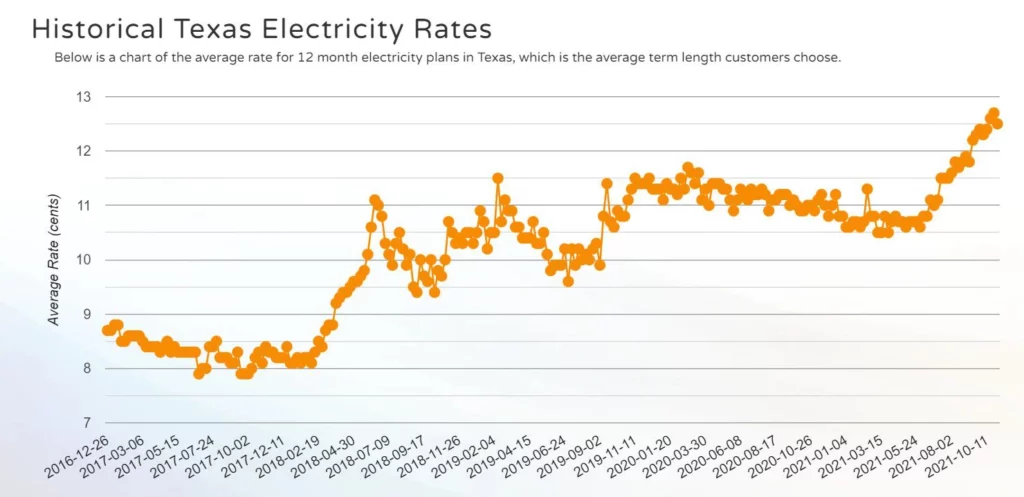Under the guise of “protecting” citizens, the Texas legislature, instead of having the gas companies eat their losses from Winter Storm Uri last year, have floated a .4 billion bond package to have the taxpayers fund it. The sales pitch is that the gas companies, three large and a smattering of smaller operators get made while whilst the citizens tax dollars fund the bailout over time. As most of you know, Texas doesn’t have income taxes, and the majority of property taxes fund the schools and local communities. Taxes are assessed on commercial interests, which did contribute to almost billion in state revenue last year, but largely the state makes it’s money from the 8.25% sales taxes that are comparable with New York City, some of the
Topics:
Michael Smith considers the following as important: energy, Featured Stories, Hot Topics, politics, Texas lege, Winter Storm Uri
This could be interesting, too:
Robert Skidelsky writes Lord Skidelsky to ask His Majesty’s Government what is their policy with regard to the Ukraine war following the new policy of the government of the United States of America.
NewDealdemocrat writes JOLTS revisions from Yesterday’s Report
Joel Eissenberg writes No Invading Allies Act
Ken Melvin writes A Developed Taste
Under the guise of “protecting” citizens, the Texas legislature, instead of having the gas companies eat their losses from Winter Storm Uri last year, have floated a $3.4 billion bond package to have the taxpayers fund it. The sales pitch is that the gas companies, three large and a smattering of smaller operators get made while whilst the citizens tax dollars fund the bailout over time.
As most of you know, Texas doesn’t have income taxes, and the majority of property taxes fund the schools and local communities. Taxes are assessed on commercial interests, which did contribute to almost $16 billion in state revenue last year, but largely the state makes it’s money from the 8.25% sales taxes that are comparable with New York City, some of the highest taxes in the nation, and payouts from the Federal Government.
Rather than tap into the general fund, or “rainy day fund”, Texas now wishes to finance the corporate gas losses to which the public will pay interest and fees on top of the cash pile to the natural gas companies. It is not the taxes that are the issue, it is the high electric bills, failure to spend funds to winterize that caused hundreds of unnecessary deaths, and the reluctance of lawmakers to hold corporations accountable, given that oil and gas companies make up 16% of jobs in the state at last check and also keep counties such as mine afloat.
Texas has consistently ranked in the top five for highest energy use for all states, so while residents have enjoyed median costs per kilowatt-hour, we have also the consumption multiple not in our favor:

Post Uri, we have also enjoyed ballooning prices for generation:

Unless there is something I am missing, it seems that the gas companies get to have their cake and eat it too.
